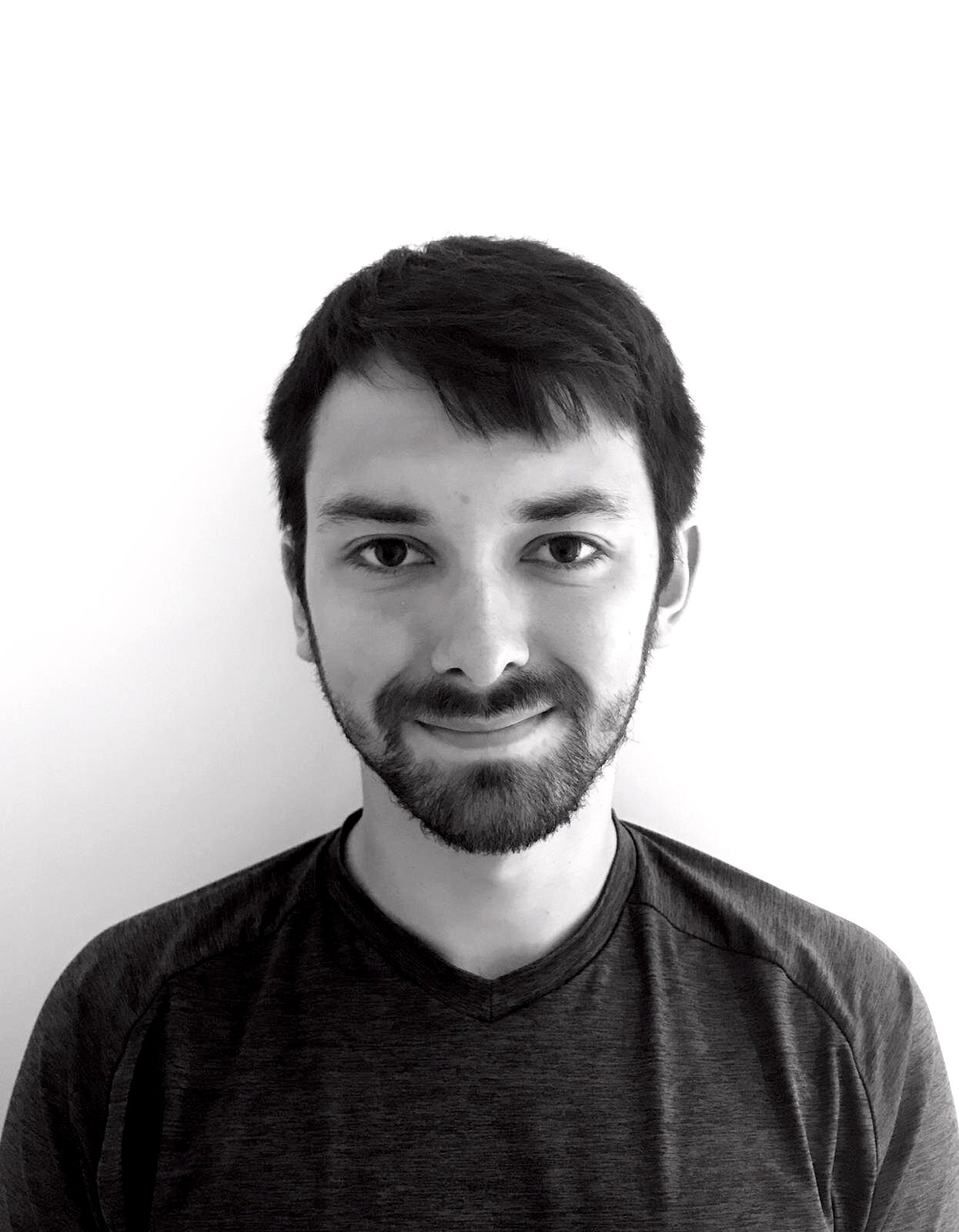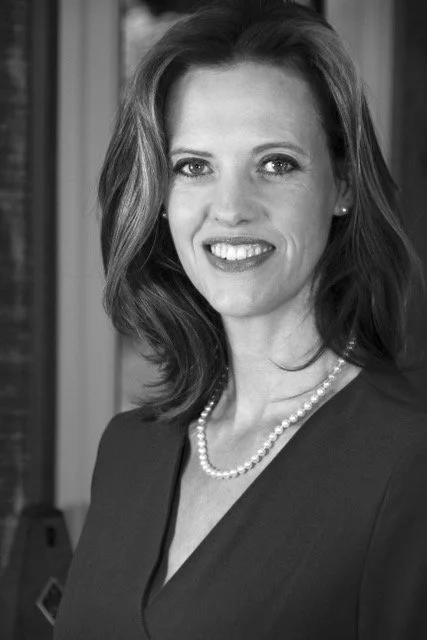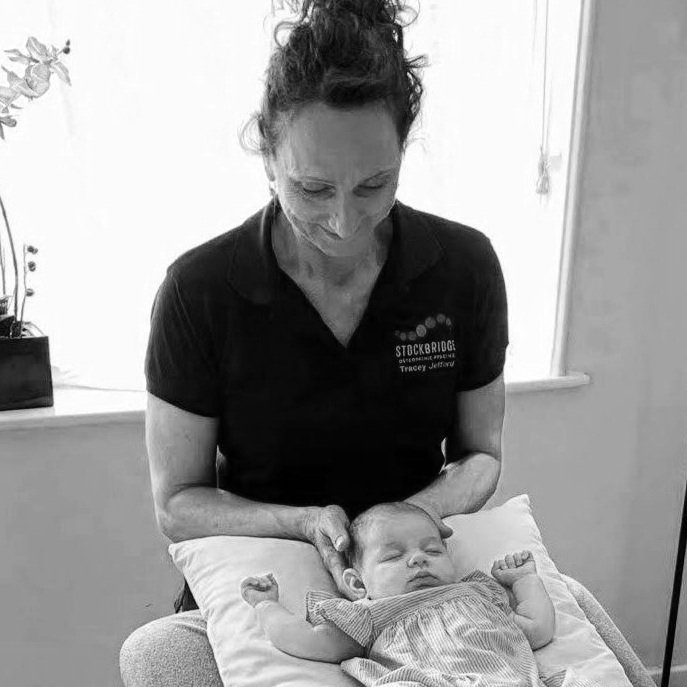My baby won’t sleep - by Tracey Jefford Cranial Osteopath
One of the unexpected advantages of this latest Lockdown for new parents is the precious cuddle and ‘skin to skin’ time for bonding. This contact releases oxytocin known as the 'love or bonding hormone'. It helps in many ways to comfort both parents and baby and results in less crying and better sleep. This also stimulates the release of other feel-good hormones, such as dopamine and serotonin, while reducing stress hormones, such as cortisol and norepinephrine.
To help stimulate the relaxing sleepy hormones there are a few things you can try:
Swaddling
White noise, shhhh sounds in their ear or soothing heart-beat playlists
Allow baby to suck for comfort, eg a dummy, clean finger or at the breast
Jelly on a Plate exercise: hold baby with their back to your chest, one hand around their middle and one hand under their bottom, sitting on your hand in an upright position, and gently but firmly and rhythmically move them in an up and down motion. Babies actually respond better to an up-down motion rather than a sideways swing, as this mimics the motion in the womb more closely
Bathing with you and lots of skin to skin contact
If the cuddles are not helping resolve baby’s restlessness then the cause could be an unresolved birth trauma. This may result in persistent issues throughout life such as continuing restless behaviours and poor sleep.
Young babies and infants can have birth trauma that cause feeding difficulties, digestive issues such as colic, which can lead to excessive crying and the development of poor sleep patterns. Poor sleep can demand lots of attention and nursing causing increased stress for parents and babies.
As babies grow, sleep patterns can remain poor building subtle signs of sleep deprivation as a habit, leading to irritability and poor concentration. This can have a detrimental effect on the immune system and learning.
Osteopathy can help resolve birth strains that have resulted from a fast or tricky birth - either vaginal or by caesarean section. Both can pull and twist and place increased pressure on the delicate cranial bones causing misalignment and strains through the new structures. With a caesarean the lack of moulding of the baby’s head through the birth canal can reduce the mobility of the suture increasing pressure and strains. Either can result in feeding and digestive difficulties or wonky head shapes that can impair good sleep.
Early intervention with Cranial Osteopathy may help resolve these issues. Babies will need several treatments over a period of time and as baby grows to assist their body to develop without the birth strains.
Cranial Osteopathy is a gentle hands-on treatment that eases the structures and bones of the cranium and sacrum, resolving these issues. Adults with poor sleep can also be helped using Cranial Osteopathy.
For further reading take a look at The National Sleep Foundation



































